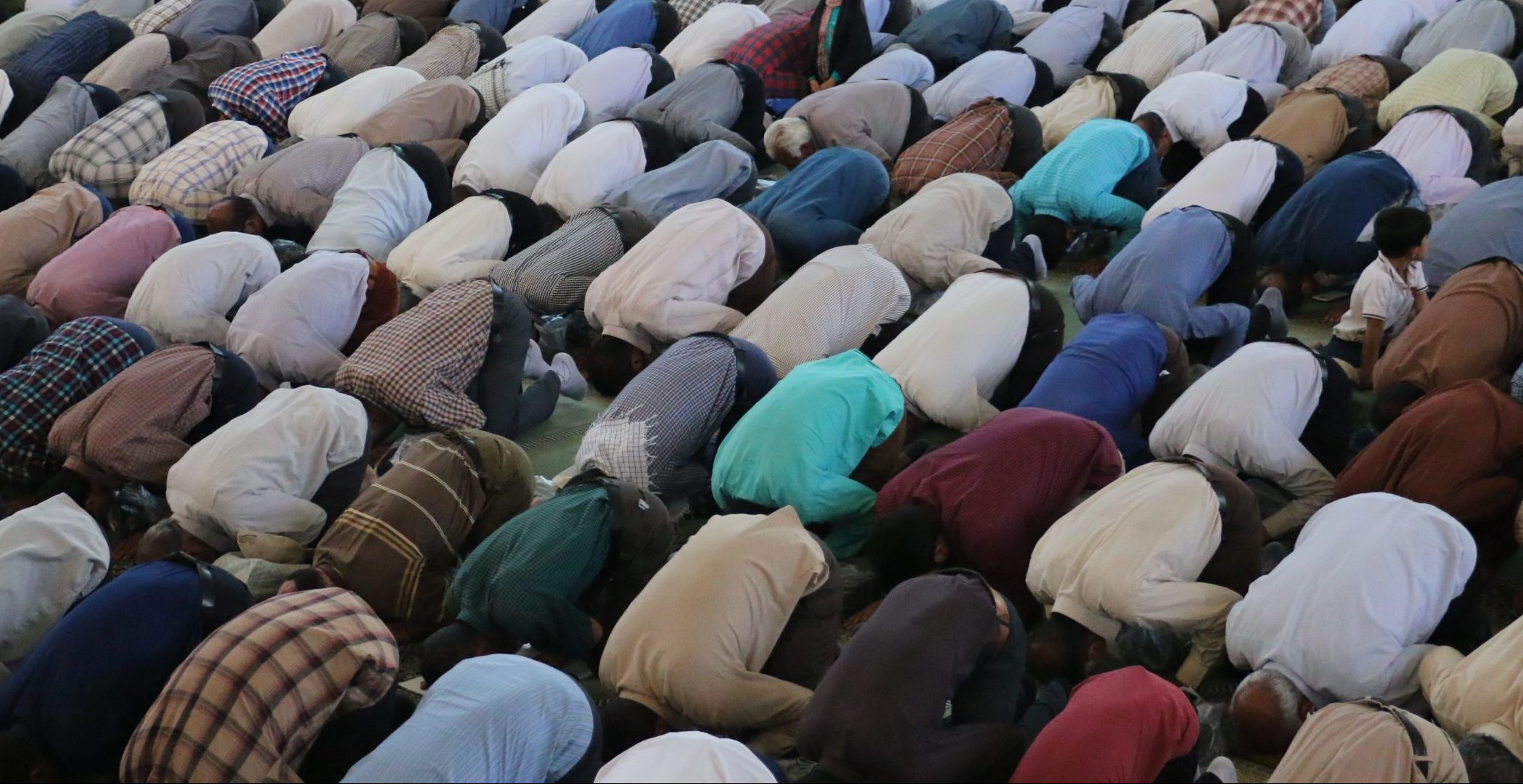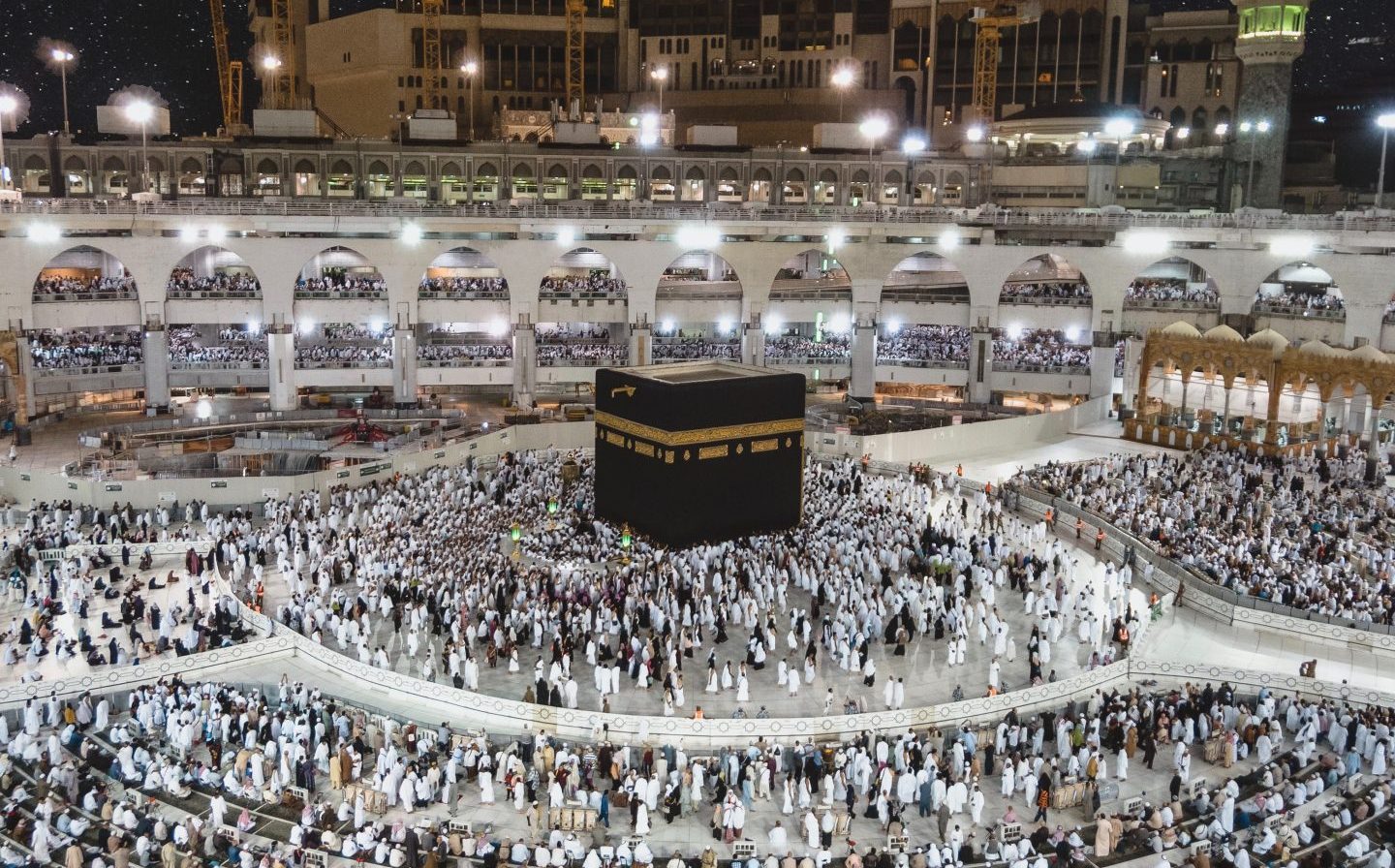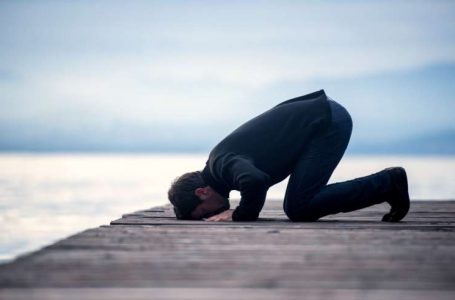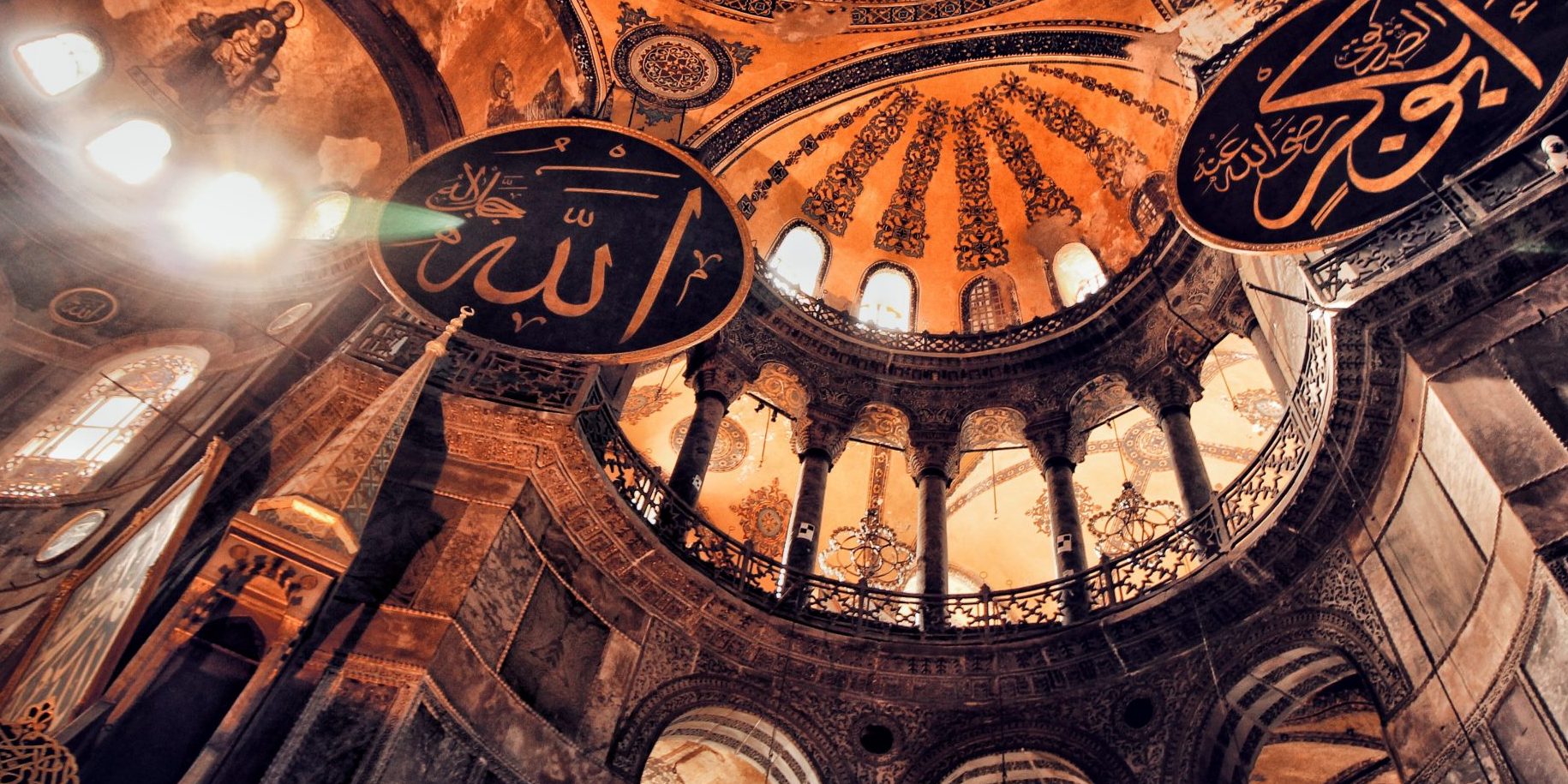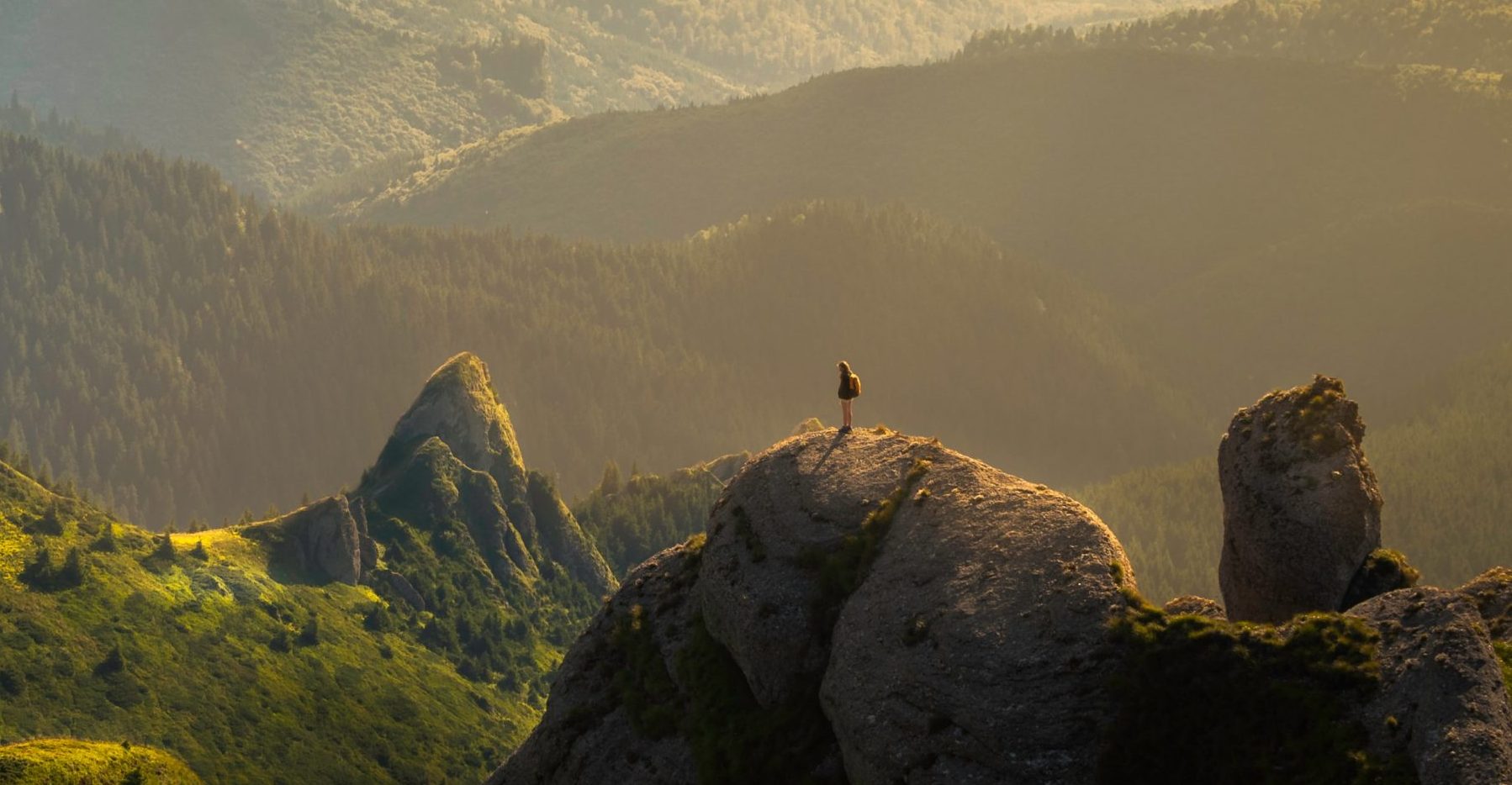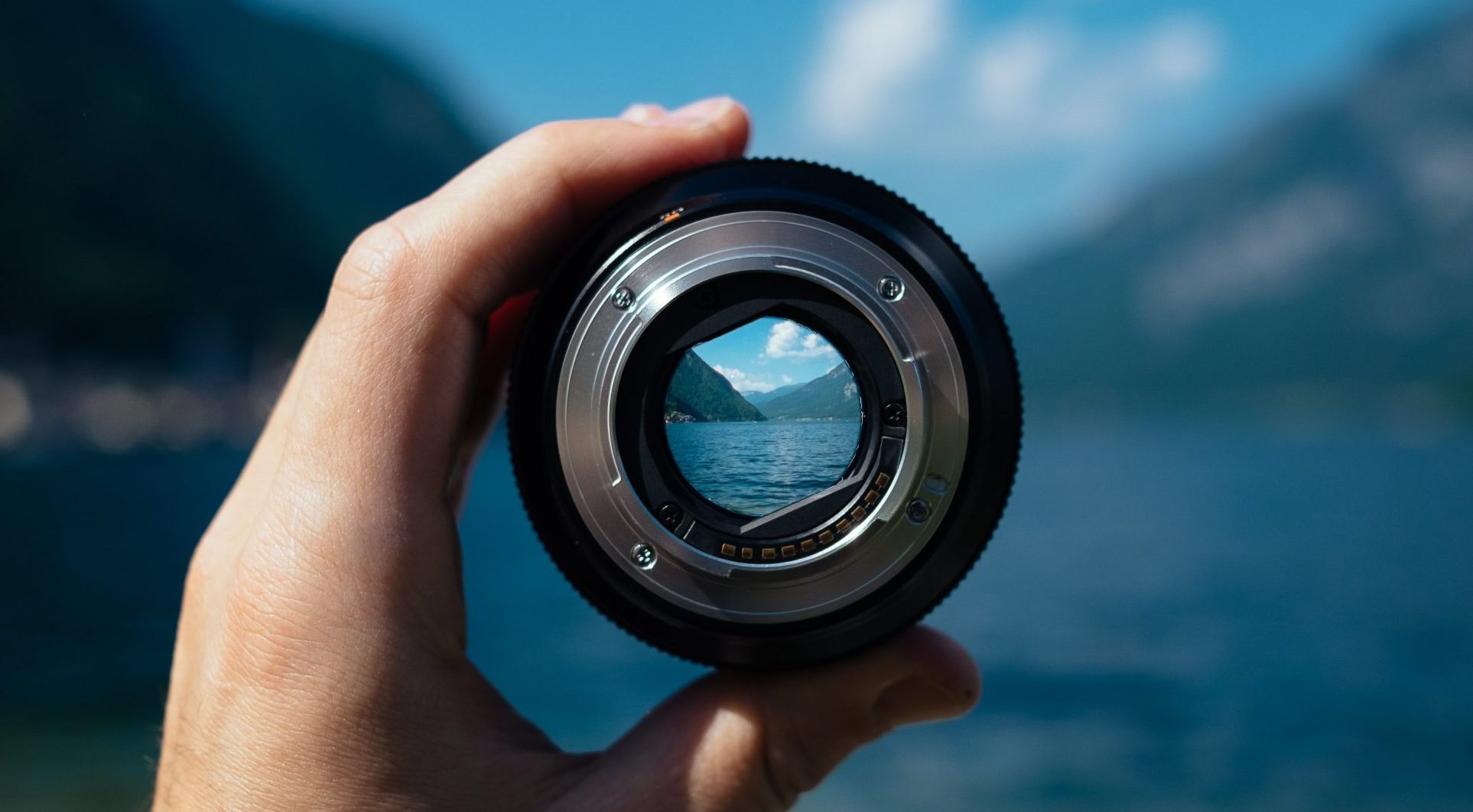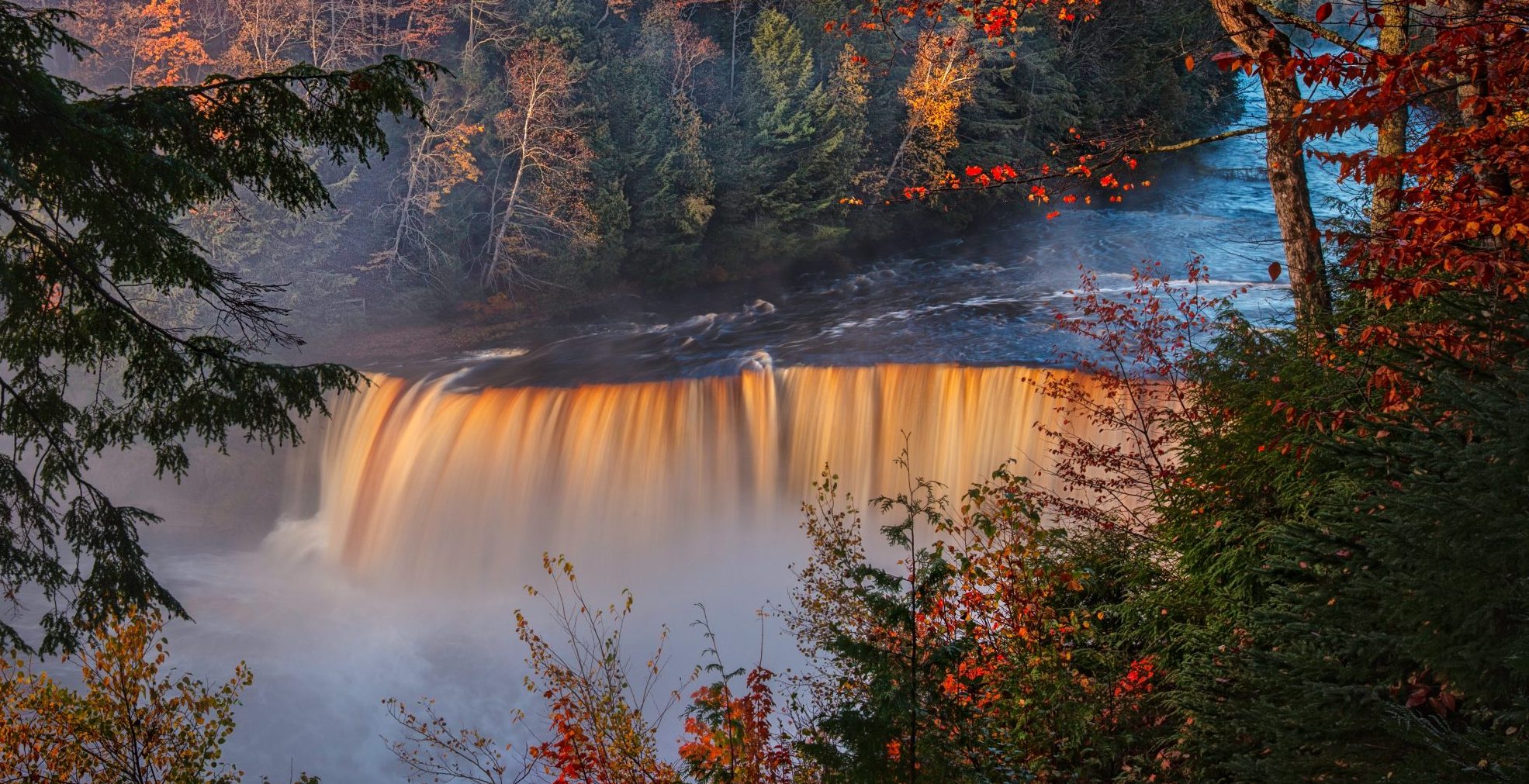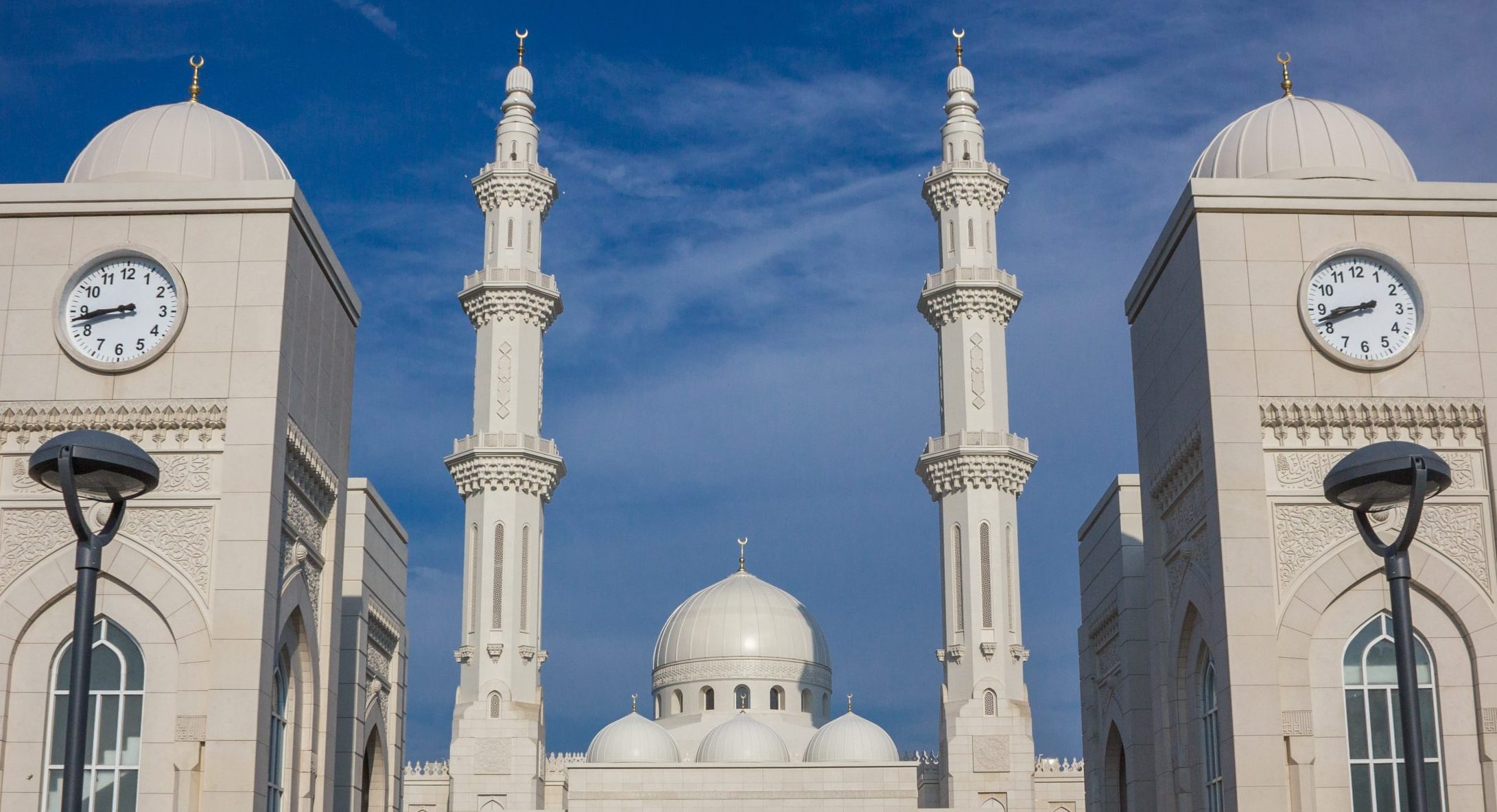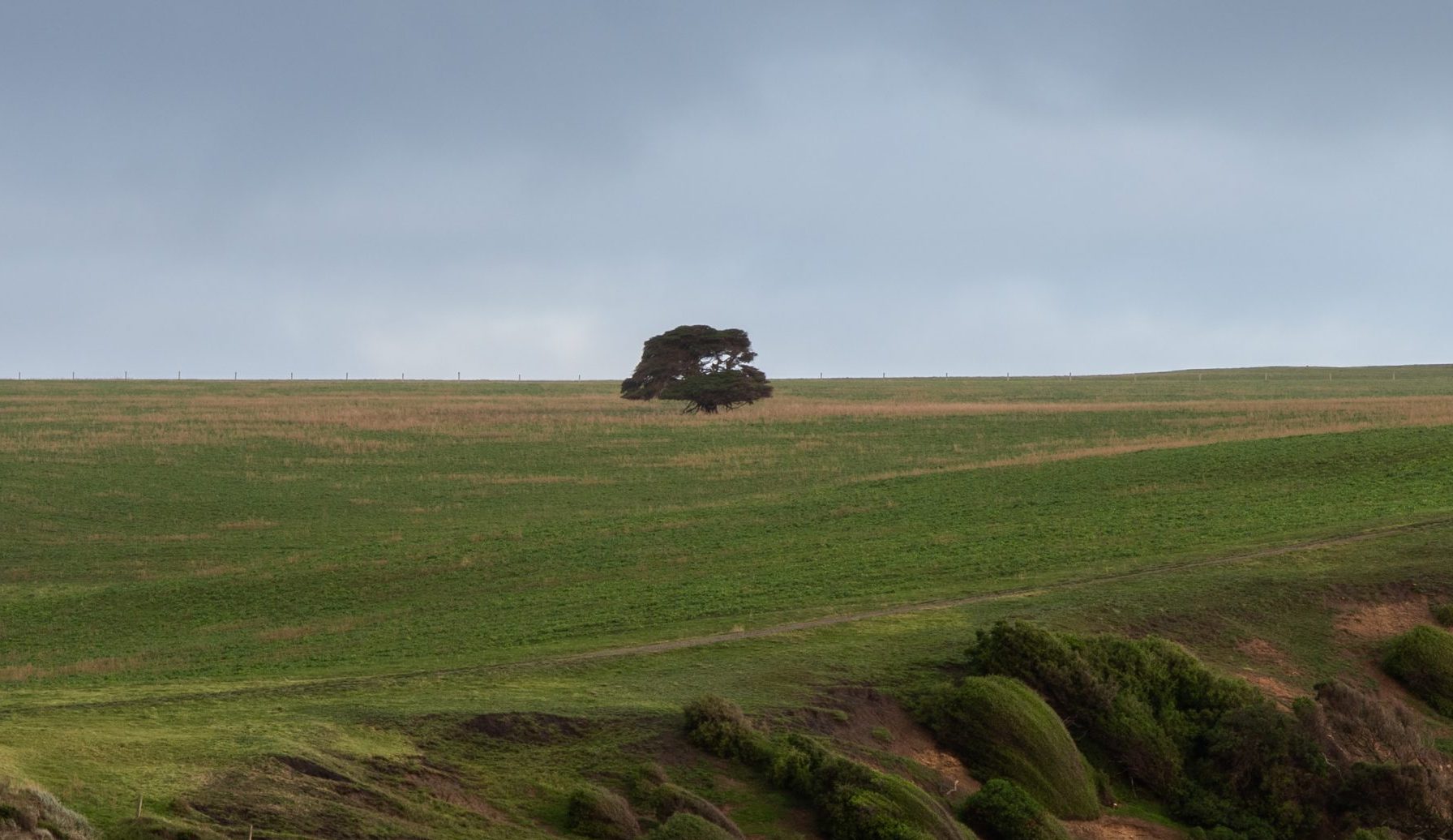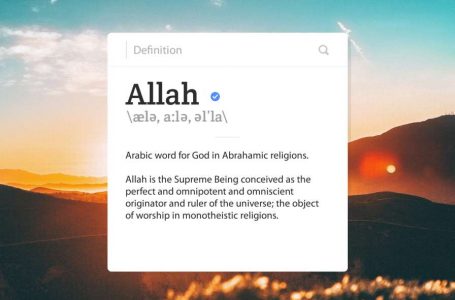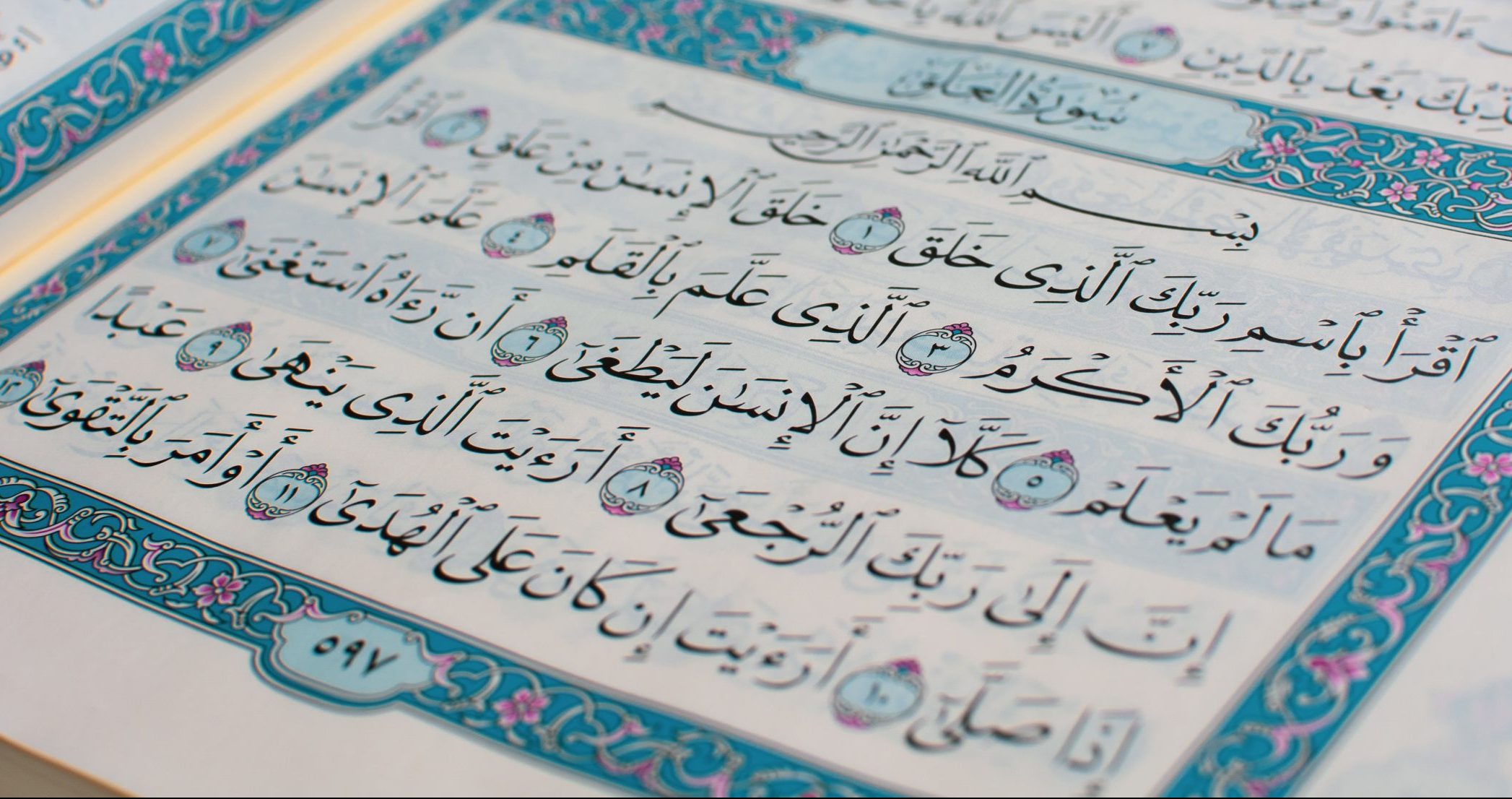So, Why Did God Create Everything?
A Speck in The Universe
Have you ever enjoyed a long drive through nature? You see endless trees lining both ends of the road, great mountains and hills in the distance, or even a magnificent body of water extending into the horizon. All this rests below the great blue sky with lazy clouds drifting here and there. Traveling through nature offers great motivation to reflect on world truths, particularly the origin of all this magnificence. As you gaze upon the expanse of nature, do you ever marvel at its beauty or wonder at its perfection? It is natural for humans to want to ascribe some explanation or purpose to the aspects of nature, especially as we play a central role in the natural world. So, why did God create everything around us?
Where Did We All Come From?
The more that humans study elements of biology, astronomy, and other sciences that seek to explain how the world works, the more we realize how intricate and complex the world is. Countless individual elements come together to form the many working systems of the universe. How could the rising and setting sun, the phases of the moon, the rising and falling of the waves, and everything else working together in harmony be a circumstance of chance? It is difficult to fathom how the systematic working order of the universe could continue to function without an all-powerful Creator causing everything to run.
Muslims ascribe the creation of the universe and human beings to God who perfectly crafted Earth, the sun, the moon, and human beings. God is the ultimate source who caused the Big Bang and the various life processes that eventually led to our creation to happen. Within our world, something cannot come from nothing. Every man-made construct somehow relies on some source from nature. As humans, we understand that we have limitations and that our capacity to create things depends on the tools we have at our disposal. On the other hand, Muslims believe that God’s power is limitless and that He alone can create something out of nothing.
Why Are You Here?
After accepting that God has created us, we then turn to wonder why. Why has God created us and placed us on this Earth? We are not expected to blindly live life without a vision of what to do. Just as God has perfectly created us, He has provided us with a guidebook, the Quran, which outlines our purpose. In the Quran, not only does God explain how He created everything and describe the many subtleties of our body forms and the workings of nature, but He also specifies the ultimate purpose we should strive for. God says in the Quran,
AND I DID NOT CREATE THE JINN AND MANKIND EXCEPT TO WORSHIP ME”
NOBLE QURAN 51:56
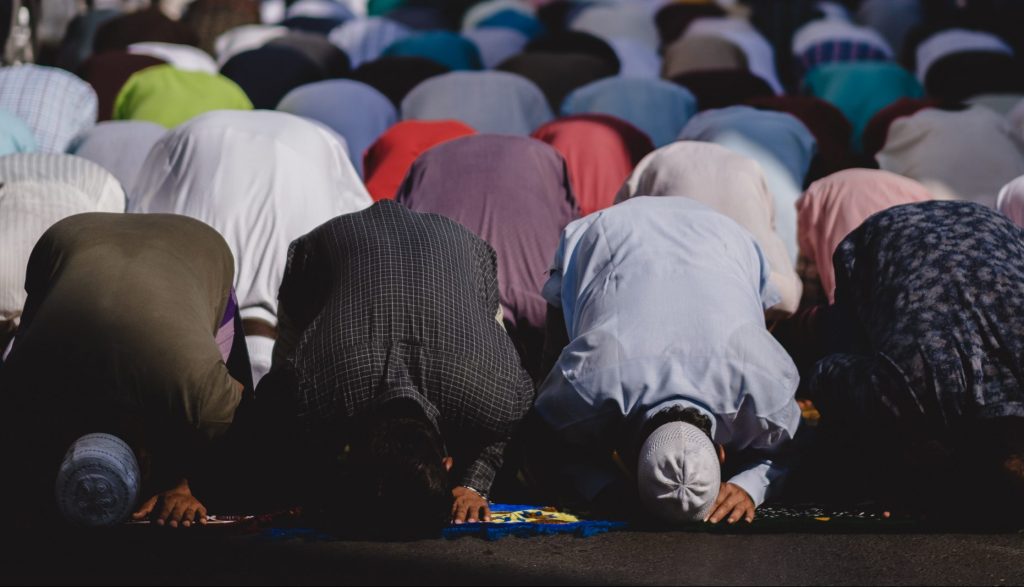
What is Worship?
When we worship God, we submit our lives to Him and trust Him to take care of us. By accepting Him as our Creator, we center Him in our lives. Worship entails remembering God apart from specific rituals such as praying and fasting. We dedicate each of our actions to Him, and we acknowledge that every aspect of our lives depends on Him and His mercy. Therefore, worship encompasses all areas of our lives. Just as God continues to keep the Earth moving, we too praise Him and worship Him for doing so.
Reflect And Act
God reinforces the commands to worship Him and trust in Him by encouraging us to reflect on His creation through the beauty of nature. This ties together the magnificence of creation with its purpose. In one instance, God specifically challenges us to reflect on the beauty of the sky to humble us because of how vast the sky is in comparison to us:
“Blessed is He in whose hand is dominion, and He is over all things competent. [He] who created death and life to test you [as to] which of you is best in deed – and He is the Exalted in Might, the Forgiving. [And] who created seven heavens in layers. You do not see in the creation of the Most Merciful any inconsistency. So return [your] vision [to the sky]; do you see any breaks? Then return [your] vision twice again. [Your] vision will return to you humbled while it is fatigued.”
Noble Quran 67:1-4

Considering how minuscule we are in the grand scheme of things allows us to put our many challenges into perspective. There are greater things in this world than the day-to-day struggles that hold us back from finding our truths. A similar theme is present in another place in the Quran when God says,
“THE CREATION OF THE HEAVENS AND EARTH IS GREATER THAN THE CREATION OF MANKIND, BUT MOST OF THE PEOPLE DO NOT KNOW.”
NOBLE QURAN 40:57
While humbling us, this should also inspire us when we remember that, despite how small we are in comparison to everything else, God still has our best interests at heart. He pays attention to each thing we do, big and small. In God’s eyes, we are not insignificant, and we each have a role to play in the universe. We must fulfill that purpose through our own capacity, which varies from person to person.
Yet, with the many distractions of the world, we often forget to focus on our purpose, and are diverted to other paths. God references this in the Quran when He says,
“O mankind, what has deceived you concerning your Lord, the Generous, Who created you, proportioned you, and balanced you? In whatever form He willed has He assembled you. No! But you deny the Recompense.”
Noble Quran 82: 6-9
This is another reminder to reflect on the wonders of creation as a method of re-directing ourselves to our ultimate purpose in life, which is to worship God. In this instance, we are encouraged to observe ourselves and the perfection of our own bodies. We often take our many body movements and processes for granted, failing to recognize that a greater power is constantly keeping our hearts beating, allowing us to breathe rhythmically, and maintaining the many aspects of our bodies that are keeping us alive and that are out of our control. However, remembering this and keeping this in mind allows us to trace back the functionality of our bodies to God to whom we are ultimately devoted to. Remembering such blessings helps direct us back to our purpose, and keeps us on track.
Now What?
Ultimately, the question, ‘Why did God create us and everything around us?’ leads us back to ourselves and how we choose to live our lives. If you accept God as your Creator, are you entrusting your life to Him? If so, why not take the next step and dedicate your life to obeying Him and fulfilling your Purpose?




